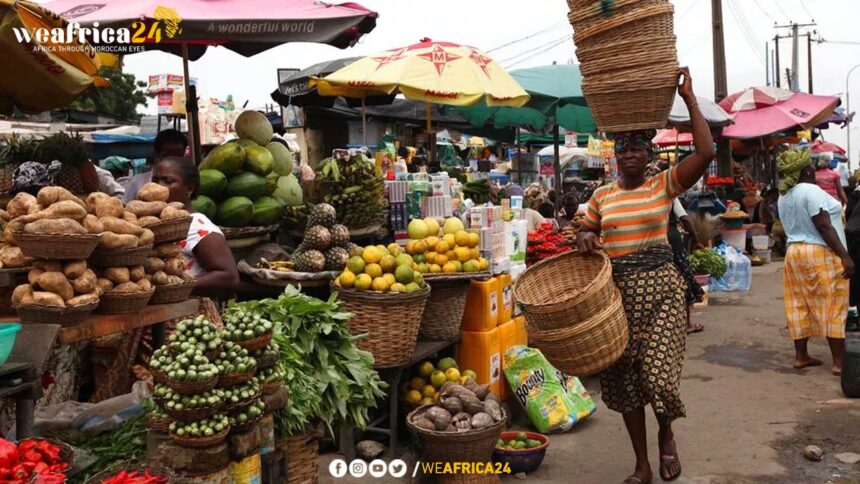In a year, the El Niño climate phenomenon has affected between 40 and 50 million people worldwide. To anticipate risks and mitigate their impact on populations, the Food and Agriculture Organization (FAO) of the United Nations has initiated several actions aimed at ensuring food security for the most vulnerable.
Declared in July 2023 and expected to last until mid-2024, El Niño is one of the most significant climate events ever recorded. From Latin America to the Caribbean, Asia to the Pacific, and including Southern and Eastern Africa, El Niño’s effects are being felt across the globe.
Recognizing the risks posed by this climatic phenomenon, the FAO has launched support and assistance programs to ensure food security for vulnerable populations. These measures include distributing drought-tolerant seeds and constructing water collectors in Central America’s Dry Corridor, repairing riverbank breaches in Somalia to protect 40,000 hectares of farmland from anticipated floods, and utilizing social protection programs in the Philippines to help vulnerable farmers access financial aid in preparation for drought conditions.
The intensification of climatic phenomena
These interventions have been “highly beneficial” for vulnerable populations exposed to extreme weather events caused by El Niño, stated Dunja Dujanovic, a senior FAO official in charge of emergencies and rehabilitation.
According to FAO studies, these preemptive actions have effectively protected populations. However, given the magnitude of the phenomenon, Dujanovic believes there is still much work to be done, and that these support actions need to be reinforced.
Even as El Niño subsides, climatic phenomena continue with the recent onset of La Niña. Vulnerable populations are not yet out of danger, as this seasonal climatic event, which triggers extreme weather conditions, could further exacerbate food insecurity.
The FAO’s proactive measures are crucial in safeguarding food security amid these ongoing climate challenges. As the organization continues to adapt and respond to evolving climatic threats, its efforts remain vital in protecting the world’s most vulnerable populations.







